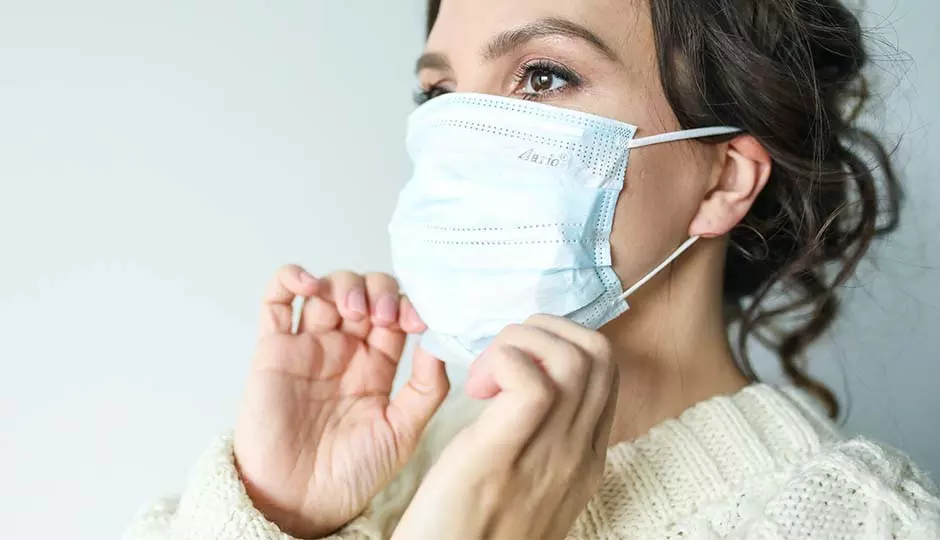As COVID-19 has continued its spread across the country, most people have become familiar with many of the common symptoms. We have all heard that some of the first symptoms include loss of taste and smell, fever, aches, and shortness of breath. But less well-known symptoms are becoming increasingly common.
The Connection Between COVID-19 and Hair Loss
The severe respiratory conditions caused by COVID-19 affect men and women of all ages and health conditions. Many doctors are seeing more patients seeking advice about hair loss. In addition to COVID-19 survivors, doctors report an increase in patients who never became sick but are also experiencing unexplained hair loss.
Doctors believe the hair loss phenomenon associated with COVID-19 is connected to the pandemic but is not a direct result of the virus itself but rather from dealing with the physiological stress of fighting it off.
While some hair loss is normal, many people experience increased hair shedding after the body has been through severe stress, such as that caused by an illness, surgery, or emotional trauma. For instance, high fever, a common symptom associated with COVID-19, commonly causes people to have noticeable hair loss a few months after they recover.
Many people who never contracted the virus are also experiencing hair loss due to the emotional and psychological stress of job loss, financial hardships, concern for sick friends and family members, and the loss of loved ones due to the pandemic.
What is Telogen Effluvium?
The hair loss associated with COVID-19 is actually excessive hair shedding, a medical condition known as telogen effluvium. The condition occurs when the hair growth cycle is interfered with, causing more hair than usual to enter the telogen, or shedding, stage at the same time. While the average head typically has about 10% of its hair in this stage at any time, telogen effluvium can push 25% to 35% or more of a person's hair into the telogen stage simultaneously.
Telogen effluvium is a type of temporary hair loss that many people notice two to three months after having a fever or illness. The condition causes sudden noticeable hair loss, with handfuls or clumps of hair often falling out while washing or brushing your hair.
Telogen effluvium can be the result of an illness or chronic stress, and living during the COVID-19 pandemic is stressful. However, whether the result of stress or disease, hair loss typically doesn't happen overnight or during an illness.
Is COVID-19 Related Hair Loss Treatable?
While hair loss is becoming a commonly reported symptom among recovered COVID-19 patients, it is likely not a direct result of the virus. Instead, the hair loss results from telogen effluvium, a condition that can be caused by the fever associated with COVID-19 and the stress involved with being ill.
And it's not just the virus. The pandemic has caused stress-induced hair loss due to financial hardships and mental stress from isolation for many people.
Typically, the excessive hair shedding stops, and people see their hair regain its normal fullness in about six to nine months. But there are steps you can take to ensure your hair grows back as healthy and strong as ever.
When treating any type of hair loss in men and women, the first step is to correctly determine the exact cause. For example, if you think your hair loss is telogen effluvium related to COVID-19 or the pandemic, talk with the hair loss specialists at Mane Image.Our team of professionals can help you determine the potential cause of your hair loss and recommend solutions to help you with your hair loss. Contact us today to schedule your FREE initial consultation.











